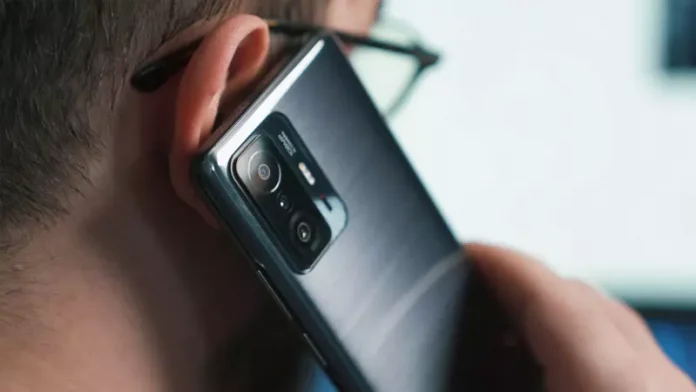Several cases have already come to light in which some scammers have managed to deceive citizens into believing that they are contacting them from the bank for an emergency.
We are talking about a very serious scam in which, if criminals manage to deceive the victim, they obtain the person’s bank details and can steal all their money instantly.
They do this through a mix of vishing and spoofing. Spoofing refers to a series of social engineering techniques with which to emotionally manipulate or deceive another person by posing as someone you trust, such as the bank manager or a person in charge of the electricity company . To achieve this, they first arm themselves with data about us that they have obtained from the Internet.
They also impersonate the bank’s own identity by managing to modify the telephone number from which they call. They can make it seem like they are contacting you from the branch you always go to, with the exact same phone number.
They combine this with vishing , which refers to obtaining the person’s confidential data through a voice call and using strategies that incite immediate action and anxiety on the part of the victim. According to Incibe, in 2021 there were 5,500 problems with vishing.
Furthermore, although the first affected parties are trying to claim the banks before the courts so that they can return the money, the precedents warn that the entities wash their hands and all responsibility falls on the affected party for not having been responsible in the use of your private keys.
In this context, the computer security company Panda Security has recalled in a new post how we can ensure that no one deceives us by pretending to be our bank. This is a simple list of 5 tips that we detail below.
Be wary of unexpected calls
If we are not expecting any call from our bank for a specific transaction, we must doubt any type of telephone communication from someone who claims to be calling from the entity. It doesn’t matter if they know our name or telephone number, since it is not difficult for cybercriminals to extract this data simply through the Internet.
They do this through OSINT , an open source investigation technique that refers to obtaining data about a person that they have been able to publish on the Internet without realizing it, that are floating around the Internet due to a leak, or that they have been able to obtain from a database. poorly protected data.
Verify the identity of the caller
Hervé Lambert, the director of Global Consumer Operations at Panda Security, explains that “it is necessary to be alert about some sophisticated frauds in which the bank is impersonated and customer data is offered to generate trust and for the customer to provide the requested information without suspicion. ».
Faced with this, we must always verify that the person or company that has called us is who they really say they are. To check this, we can hang up and call the company’s official number to confirm that they have tried to contact us.
Check emails
The devil is in the details. If you receive an email from the bank requesting an action or entering a link, first examine the email very carefully. Phishing emails often have spelling mistakes or are written in language that is not very natural, as if it were passed through a translator. You also have to check the sender’s email address and verify that it belongs to an official account.
Regularly update your software
In addition to having a trusted antivirus on your computer, there are also tools for Android or iPhone that can alert you to spam calls. They are native functions in Android or applications like Truecaller, which add a label to the call if it has been classified by other users in your community as spam, annoying call, advertising, robocall or scam . These apps also require that you update them, so that their databases include the latest numbers to be reported.
Stay up to date
You may not find it an interesting topic, but it is always positive to be up to date with news of the latest hackers’ strategies to try to deceive others. A new method may emerge that you didn’t know about before and that would have caught you off guard if it had happened to you before you were aware of it.














